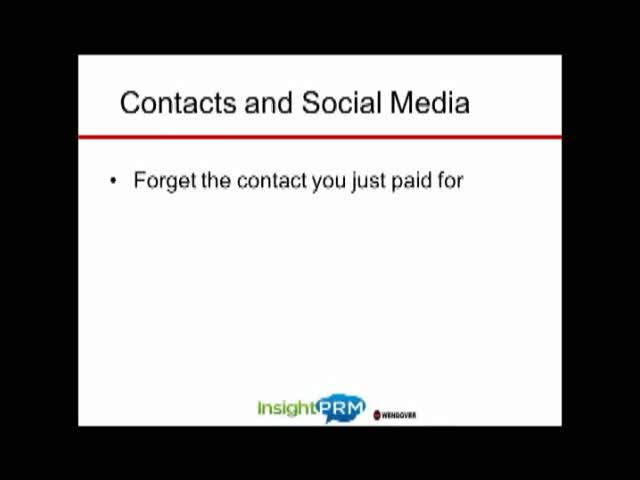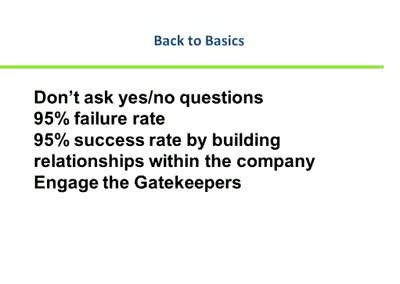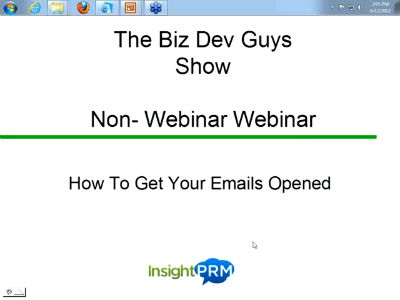Businesses that should have lead management software, but don’t.
by Shannon F.
Traditionally, sales organizations use CRM technology to manage customers and prospects. If you are a large company, if you are selling a renewable service, or if you experience challenges finding and managing leads, it’s clear that CRM (or PRM) is an important tool for your team. But what if you work in an industry that doesn’t always practice formal customer relationship management? You may need to reevaluate how you keep track of customers and prospects…even if you don’t think it matters.
In particular, these three types of business can benefit from CRM:
Restaurants
If you own/manage a dining establishment, you may not be as proactive about customer/prospect management as you should be. But storing customers and prospects in a database is quick, easy, and worth the potential benefits. CRM for restaurants can help you:
– Keep track of VIP diners and reward them with freebies, preferred seating, etc.
-Have a database of info for coupon mailings, birthday giveaways, etc.
-Identify prospects such as local businesses and send targeted marketing materials their way
Retail
Owners/managers of small stores often don’t have much hard data about who their customers are. This is a missed opportunity for growth. CRM for retail can help you:
-Gather a database of email addresses for coupon mailings and event promotions
-Quickly make calls to customers to update them about a sale, a party at your store, or new items they might be interested in
-Encourage your salespeople to monitor their personal clients, regularly reach out to customers, and identify new opportunities
Freelance/Small Business
Even if it’s just you in the garage, you need a way to manage your clients and keep track of prospects. While project management software like Basecamp is great for organizing tasks and deadlines, CRM for small businesses is essential for getting your start-up off the ground. You can:
-Track your communications with current and potential customers
-Set appointments and follow-ups with prospects
– Research and take notes on customers and prospects prior to an appointment or call
If you’re a small business owner taking your first step towards better customer and prospect management, let us know! We have tips and educational materials to help you get started.













